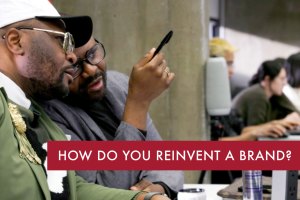Nation & World
-

Worried about how AI may affect foreign policy? You should be.
Experts discuss vulnerabilities, need for oversight of tech development, regulation
-
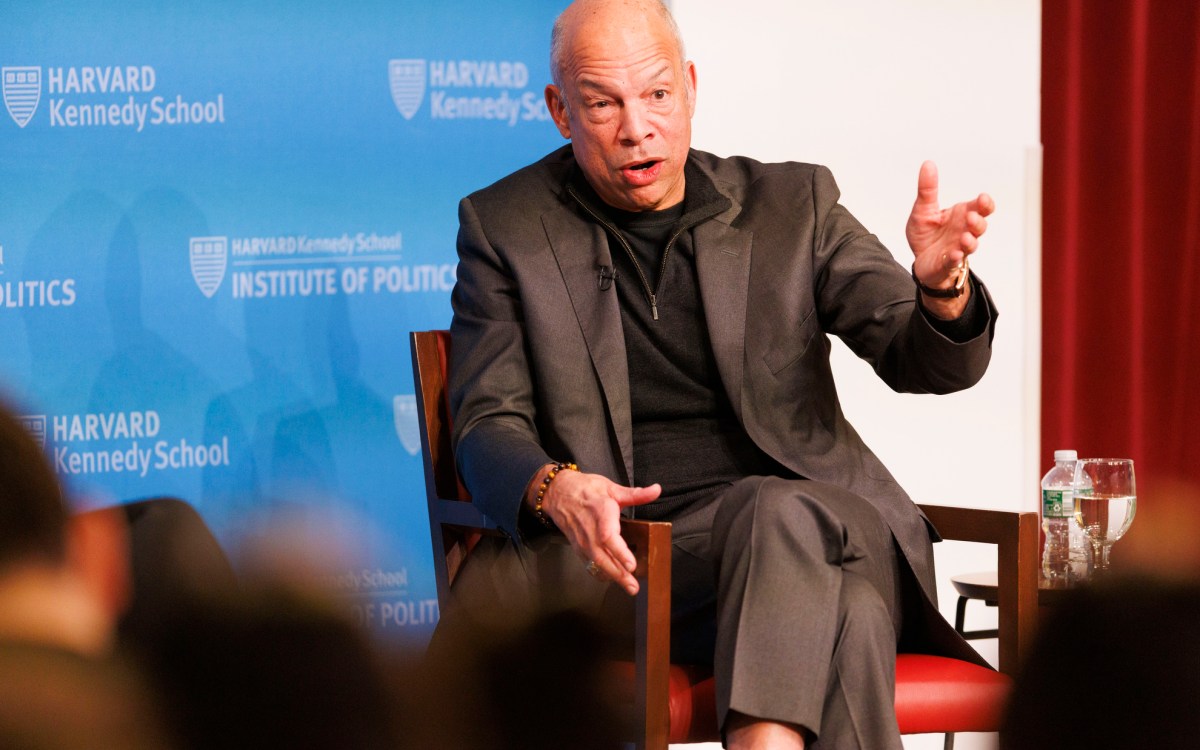
Border security isn’t really the problem
Former Homeland Security Secretary Jeh Johnson says current backlash is owing to cloudy mission, aggressive tactics
-
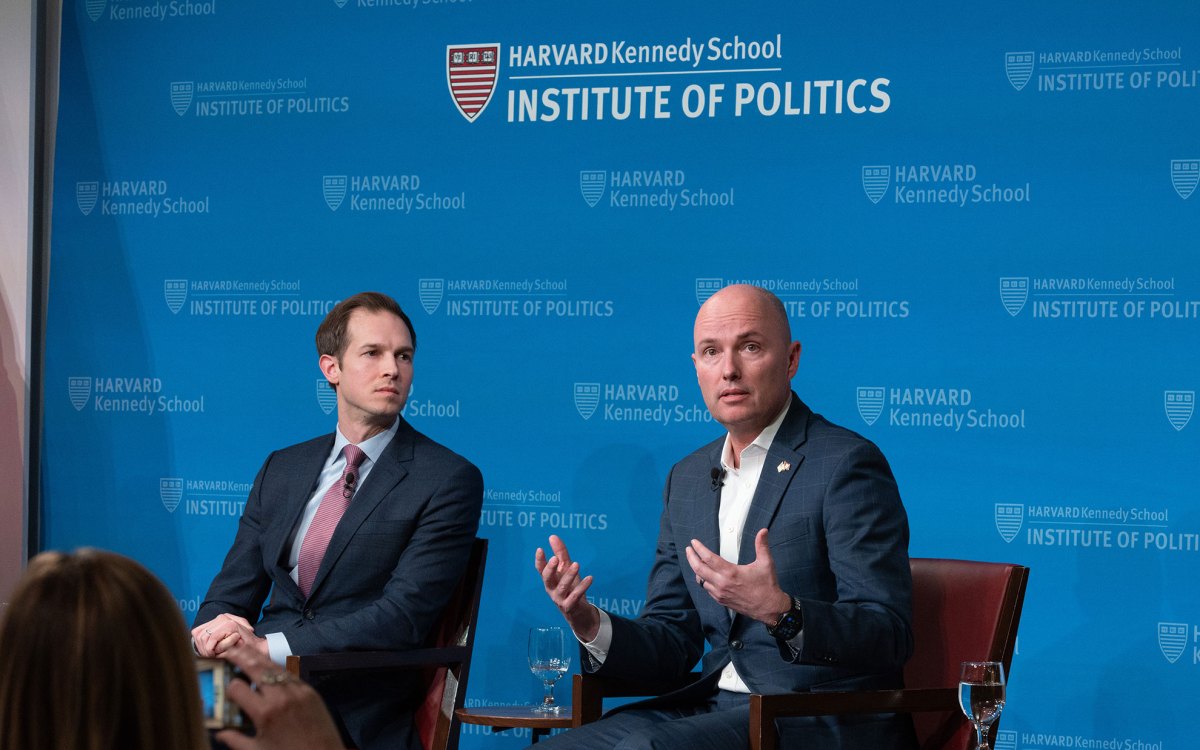
A start in bridging divisiveness: Rein in social media
Republican Utah governor, Democrat U.S. congressman find common cause
-
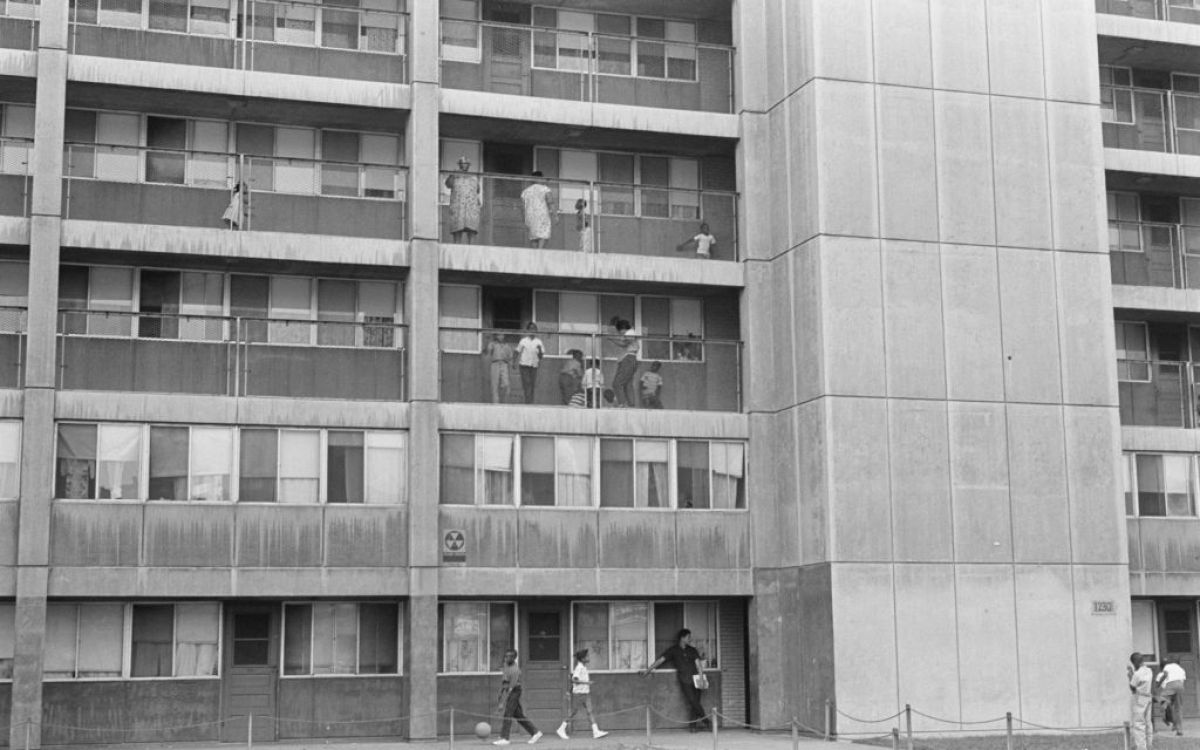
How design of public housing can lift future prospects of children
New research builds upon previous work that focused on moving families from high-poverty areas, broadening social milieu of young
-

How to help lift slumping American math scores
Scholars see solutions in classroom creativity, higher teacher pay — and attendance
-
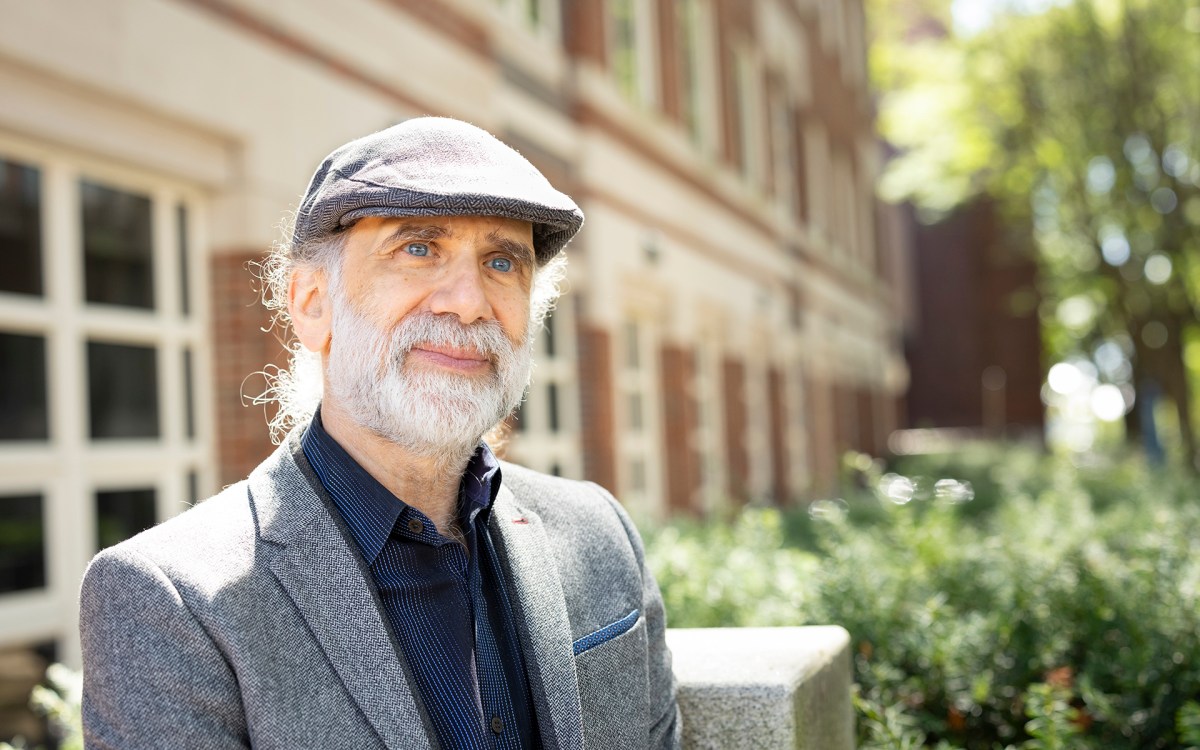
What if we used AI to strengthen democracy?
Surveillance, control, propaganda aren’t the only options, says security technologist
-
Correa touts the ‘Ecuadorian Miracle’
In describing his country’s progress in recent years, Ecuadorean President Rafael Correa made an energetic case in support of his policies during an address at the John F. Kennedy Jr. Forum at Harvard Kennedy School on Wednesday.

-
Working with China on key issues necessary
Former World Bank President Robert Zoellick advocated engagement with China in areas of agreement as the nation faces its multiple challenges in environment, economy, and energy supply.
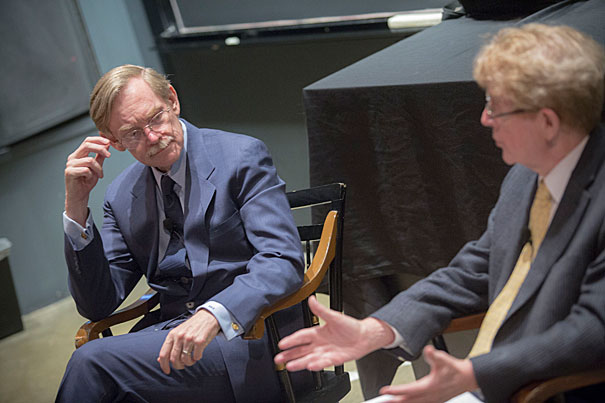
-
Faith and free markets
The HDS Episcopal/Anglican Fellowship hosts the fourth annual New England Anglican Studies Conference, an academic and ecumenical conference at Harvard Divinity School. The theme of this year’s conference is “Christianity and Capitalism.”
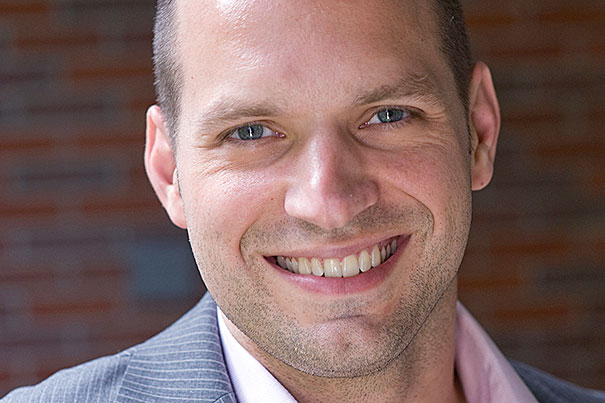
-
Crisis review
The “swarm intelligence” that guides flocks of birds was evident in the extraordinary response to last year’s Boston Marathon bombings, attendees were told at a Harvard-sponsored symposium.
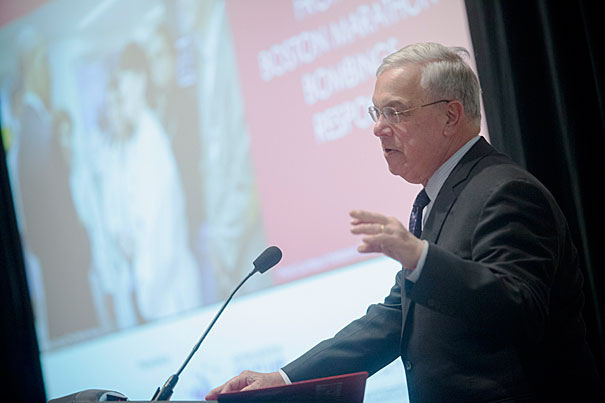
-
Power suits
Harvard President Drew Faust convened a panel of top female leaders in media, business, and government to talk about the evolving role of women, and the challenges as well as opportunities facing women today.
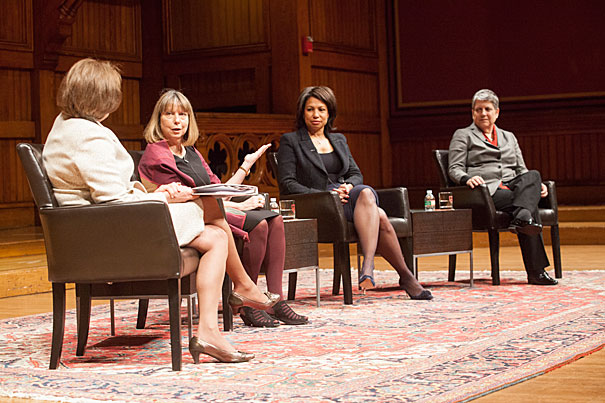
-
Changing the climate of environmental law
After the Deepwater Horizon oil spill in the Gulf of Mexico and the ensuing reorganization of the Department of the Interior, Frances Ulmer, a member of the National Commission on the BP Deepwater Horizon Oil Spill and Offshore Drilling, turned to Harvard Law School’s Emmett Environmental Law and Policy Clinic.

-
A God of heft
The man dubbed President Obama’s pastor, Joshua DuBois, said in a lecture that he is dismayed that Americans turn to God to resolve “infinitesimally small” questions not worthy of the Almighty.
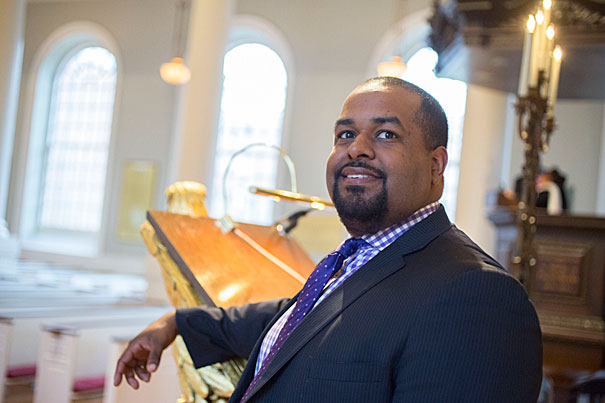
-
Putting Twitter to the test
The timely and effective use of social media in the hours and days following the Boston Marathon bombings may serve as a model for other law enforcement agencies in the United States, according to a report published as part of the New Perspectives in Policing Series by the Program in Criminal Justice Policy and Management at Harvard Kennedy School.
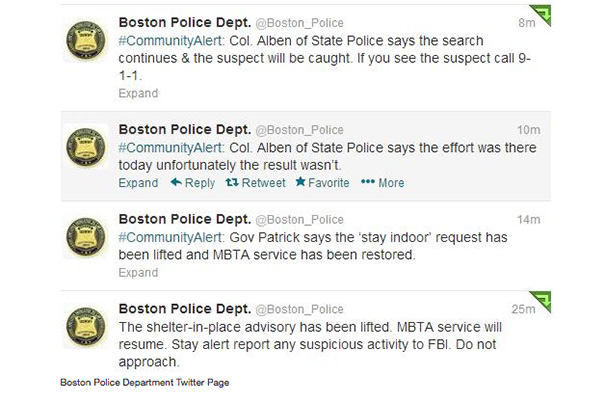
-
The politics of money
Harvard Law School Professor Noah Feldman discusses whom the U.S. Supreme Court’s most recent ruling on campaign contributions will affect, and what the decision means for the future of campaign-finance reform, and for American politics.
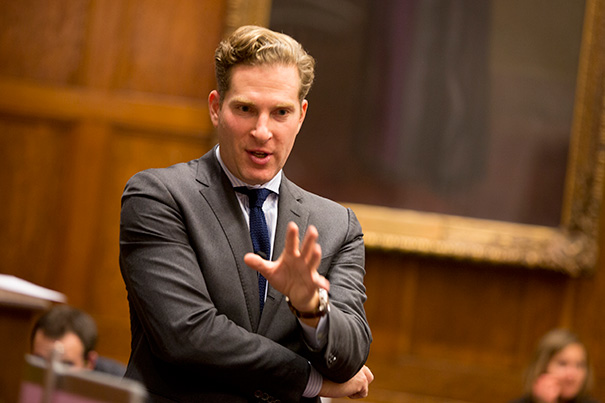
-
Measuring the marathon
A new report by Harvard crisis-management and criminal-justice experts, and former Boston Police Commissioner Ed Davis, considers the factors that led to the successes and failures of last year’s emergency response to the Boston Marathon bombings and manhunt.
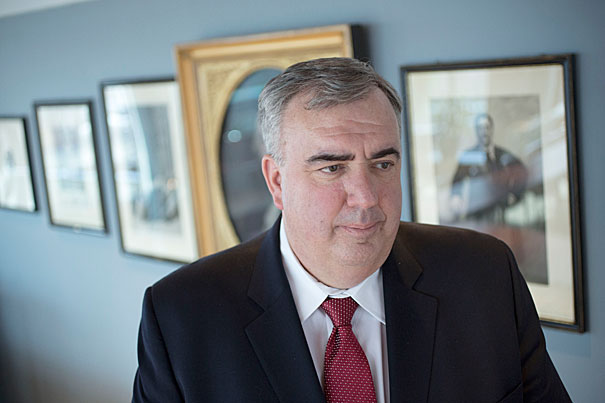
-
Paychecks for college athletes?
Peter Carfagna, a sports law expert at Harvard Law School, talks about growing legal pressure on the NCAA to reconsider the way it treats student-athletes.
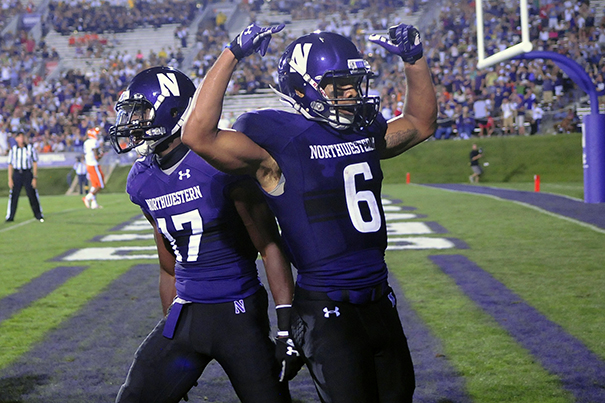
-
A range of voices on environmental justice
A two-day conference organized by Harvard Law School students will bring together key players in the environmental justice movement. “Environmental Justice: Where Are You Now?” will be held March 28-29.
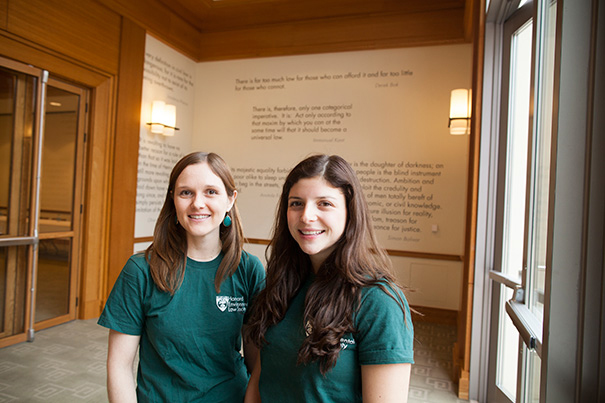
-
Autism as a facet of experience, not a limit
Temple Grandin, a professor of animal science at Colorado State, brought her experience as an advocate for autistics to a talk at the Ed School.
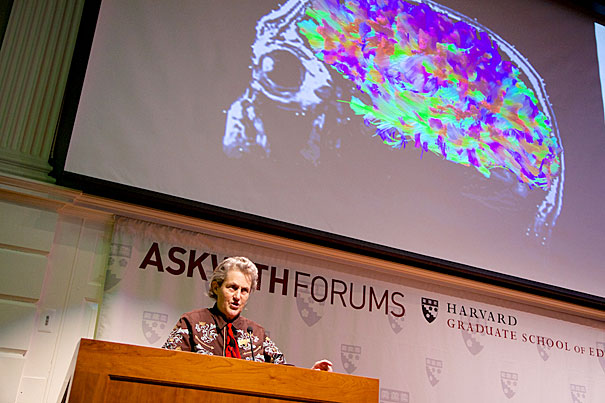
-
Women in the Arab world
A professor in the department of epidemiology and population health at the American University of Beirut, Huda Zurayk has spent years trying to promote health in the Arab world. She discussed her work and how Arab women are coping with their lives, their health, and the survival of their families in the midst of uncertainty and conflict.
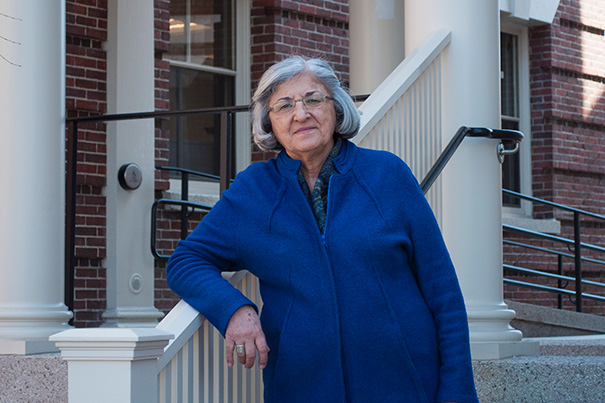
-
Economic growth no cure for child undernutrition
A large study of child growth patterns in 36 developing countries finds that, contrary to widely held beliefs, economic growth has little to no effect on the nutritional status of the world’s poorest children.
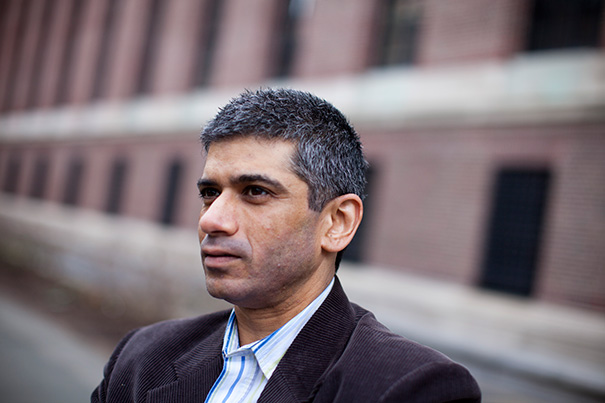
-
Defending Snowden
Ben Wizner of the ACLU talked about his work on the Edward Snowden case in a visit to HLS.
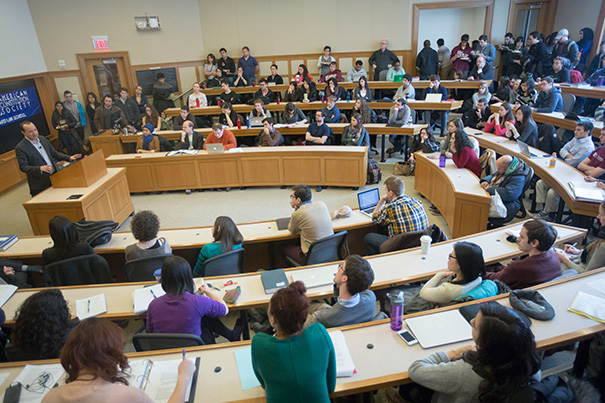
-
A fresh bite of the Apple
A classic Harvard Business School case about the Apple creation myth gets a Japanese manga-style comic-book reboot.
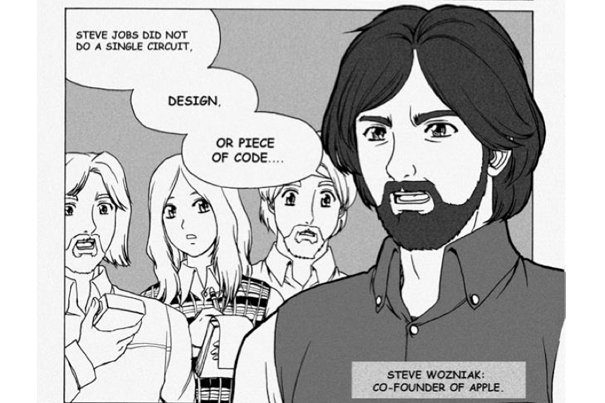
-
Three ways to innovate in a stagnant environment
Harvard Business School Professor Rosabeth Moss Kanter discusses innovation, advanced leadership, and how to make change in an inflexible organization in “The Business,” an HBS podcast series.

-
A change for the better
William Fitzsimmons, dean of admissions at Harvard, lauds the recently announced reform of the SATs. He explains why the changes should help level the playing field for students.
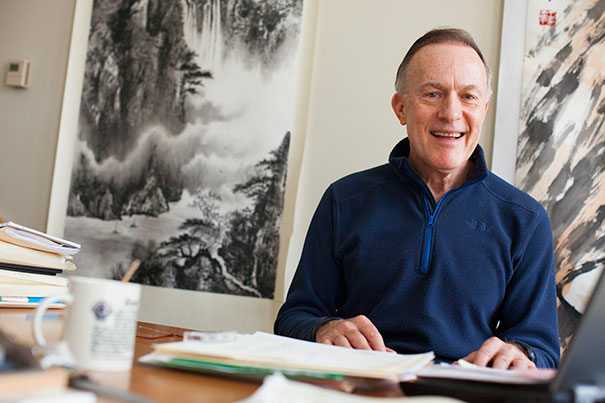
-
Putin makes his move
A Q&A with Nick Burns of Harvard Kennedy School on what’s likely to happen next in Ukraine and in the standoff with its neighbor Russia.
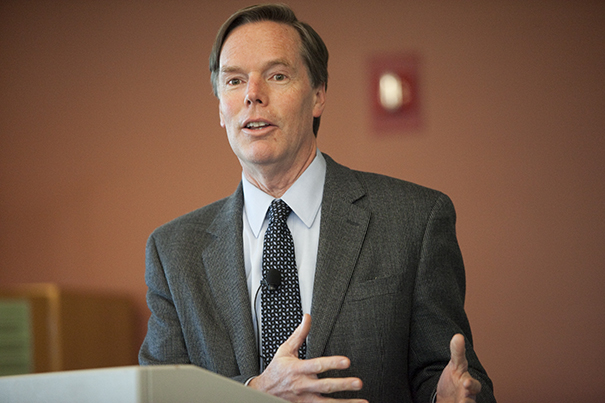
-
The bright side of Pakistan
A January conference in Pakistan on urbanization was the first of five in the region and a result of Harvard’s South Asia Institute’s growing work there.

-
Our nuclear insecurity
Harvard Kennedy School experts talk about recent efforts to keep nuclear materials out of terrorists’ hands in preparation for the biannual Nuclear Security Summit in the Netherlands.
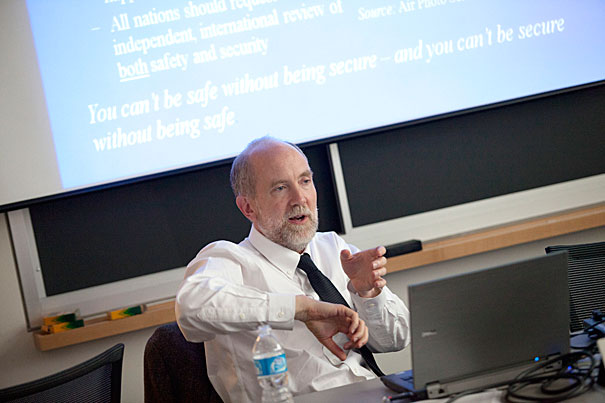
-
Russia and rights
Two of Russia’s leading human rights lawyers visited Harvard Law School to discuss the country’s legal system and offer some hope for ways toward democratic reforms in the coming years.
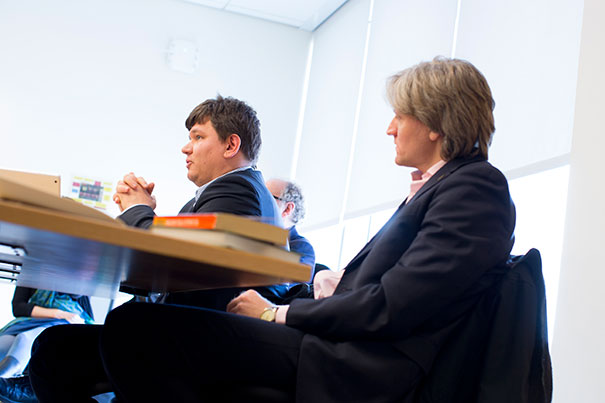
-
Inspiring women
“Inspiring Change, Inspiring Us” is a series of portraits on view at Harvard Law School through March 14 in honor of International Women’s Day.
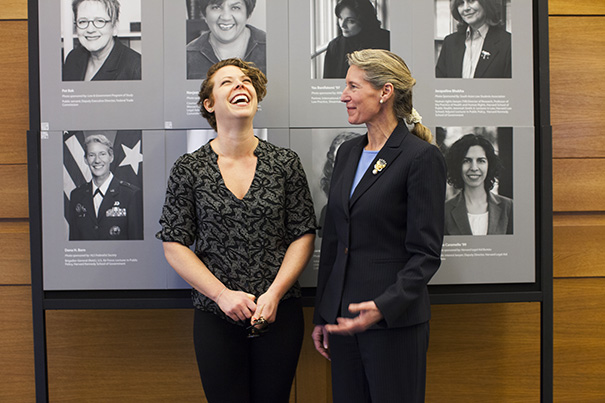
-
Help you? Love to
Model Lily Cole’s life in the fashion spotlight has gradually given way to her interests in technology and society. Today she is a digital entrepreneur, the founder of the social network Impossible.com, which tries to fulfill wishes for free. On Wednesday, an event at the Berkman Center for Internet & Society helped launch the website in this country.
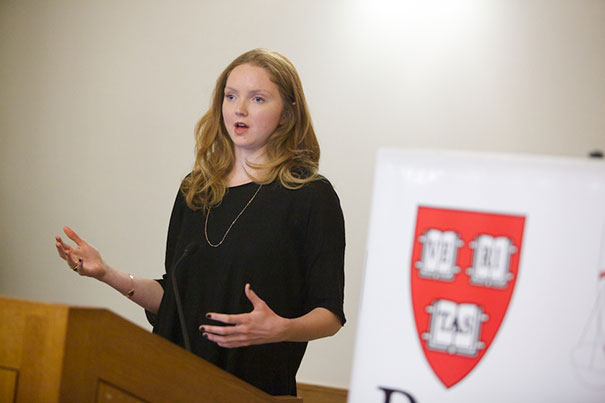
-
The Muslims rarely heard
In a question-and-answer session, a Divinity School scholar discusses the sweeping breadth, complexity of Islamic culture. Ousmane Kane will deliver an inaugural lecture on March 6 at Harvard Divinity School to celebrate the Prince Alwaleed Bin Talal Professorship of Contemporary Islamic Religion and Society.
-
Bad bridges to nowhere
Harvard Business School brings together top leaders in academia, government, and business to consider and address the nation’s transportation and infrastructure shortcomings, which have led to a lag in global competitiveness.
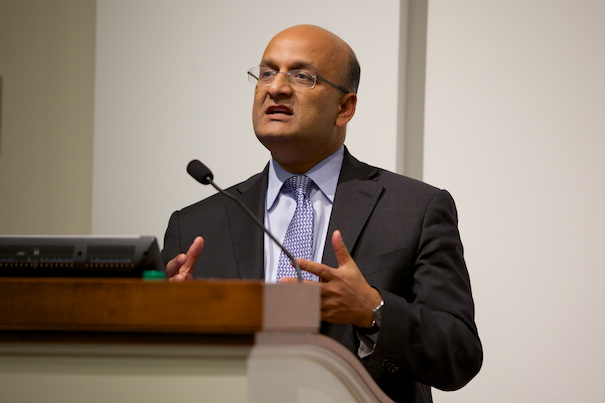
-
Copyright meets Internet
Universities are working to establish pathways to use open-access materials in online learning.
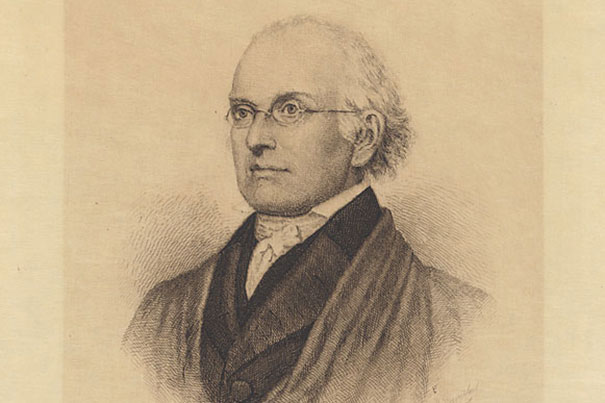
-
Fiscal fallout at the Vatican
Gregg Fields, a business journalist and research fellow who studies institutional corruption at the Edmond J. Safra Center for Ethics, talked about the sweeping new financial reforms initiated by Pope Francis.

-
Handmade horrors
A new study has documented “slavelike” conditions in India’s handmade carpet industry, the largest single source of carpets sold in some of the most well-known U.S. retailers.


